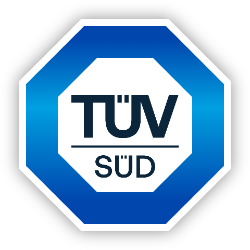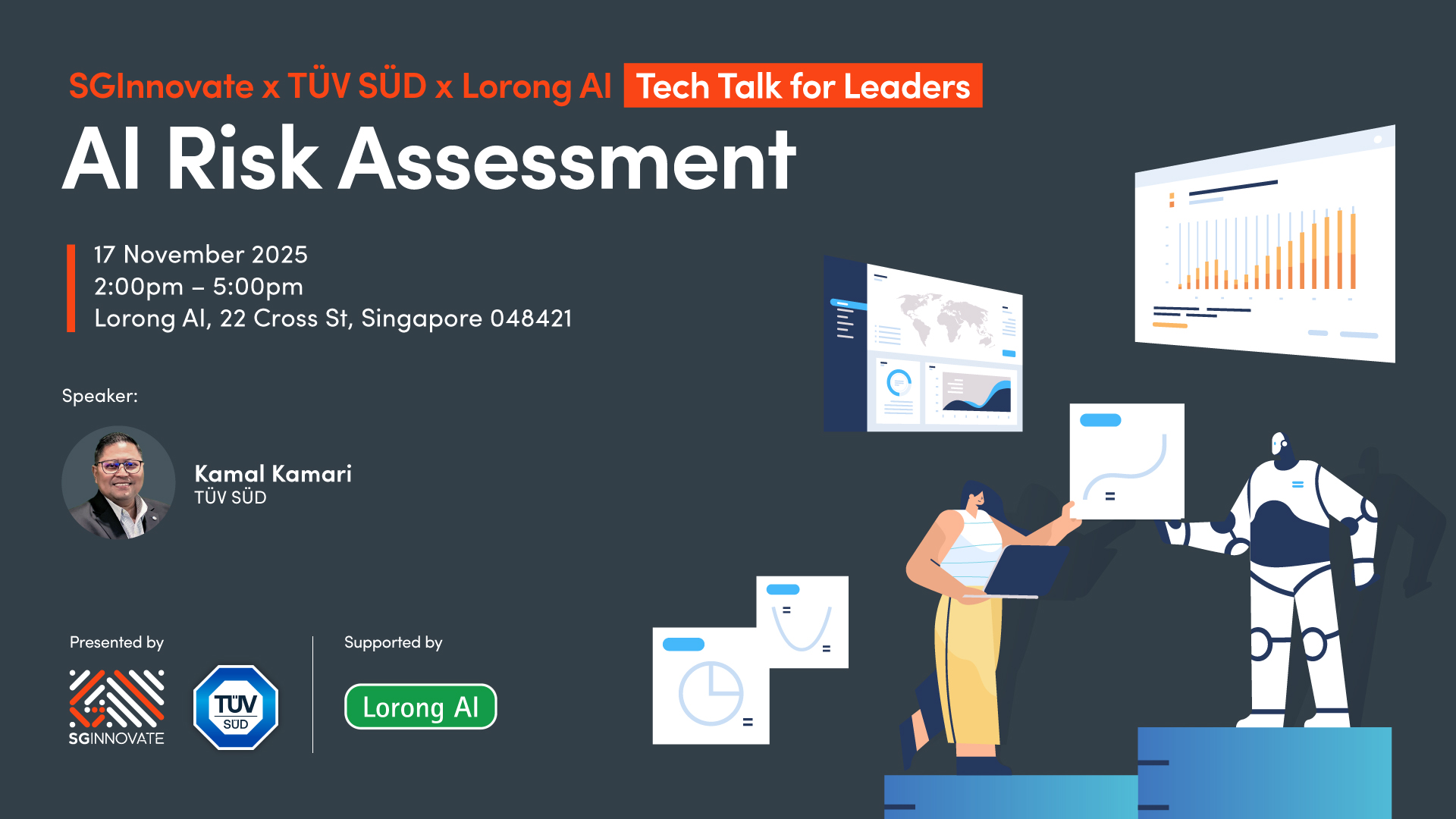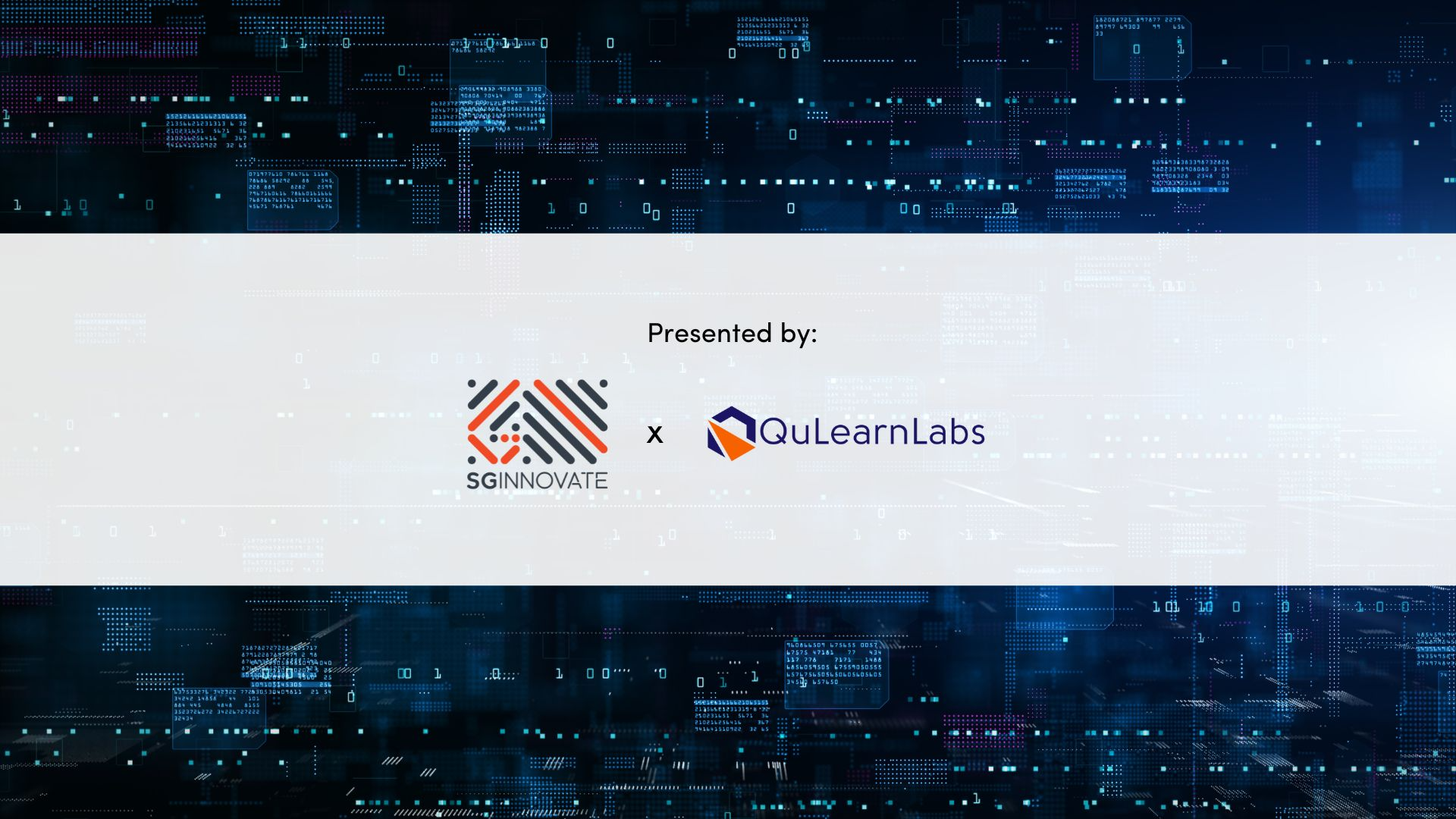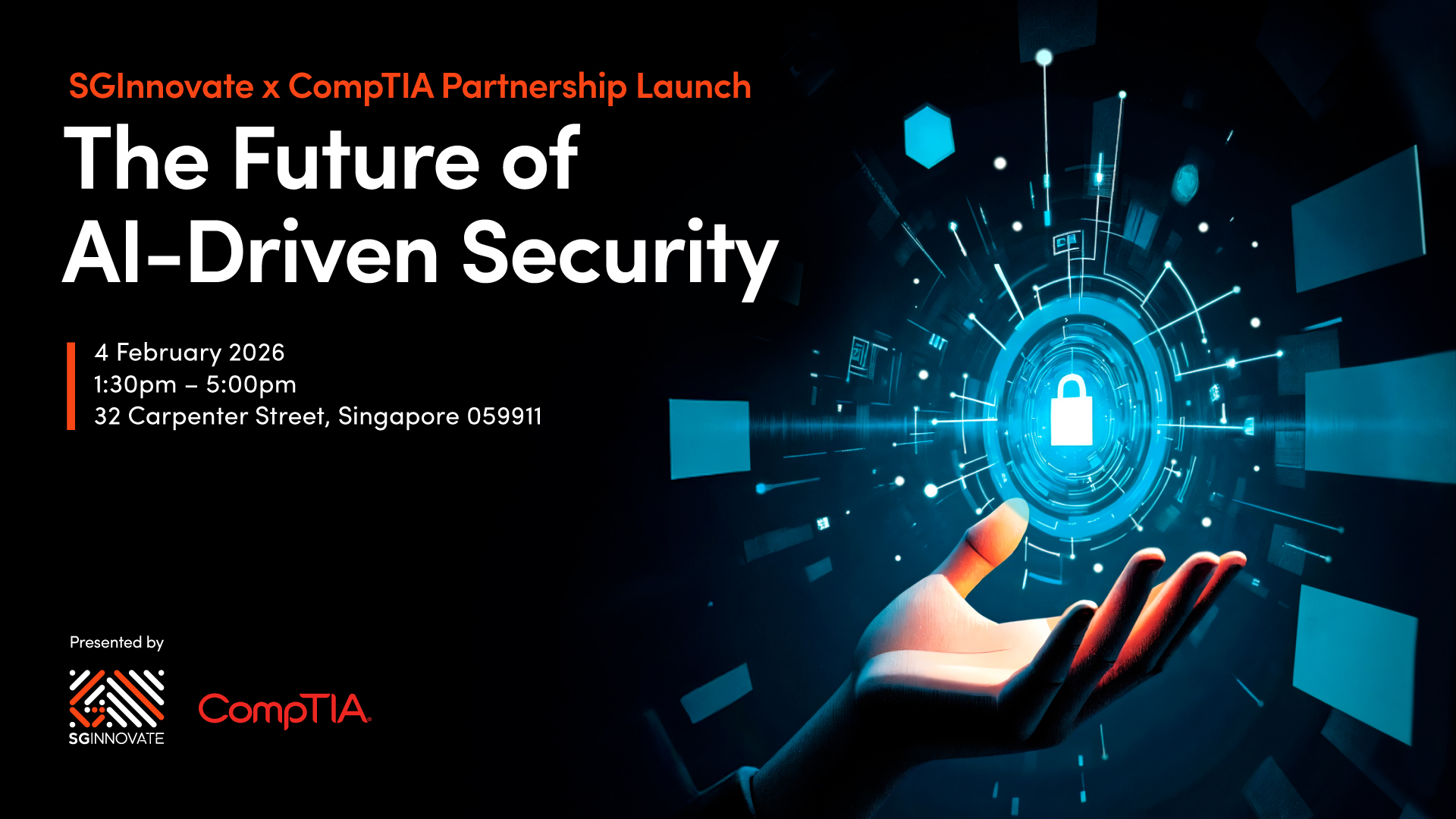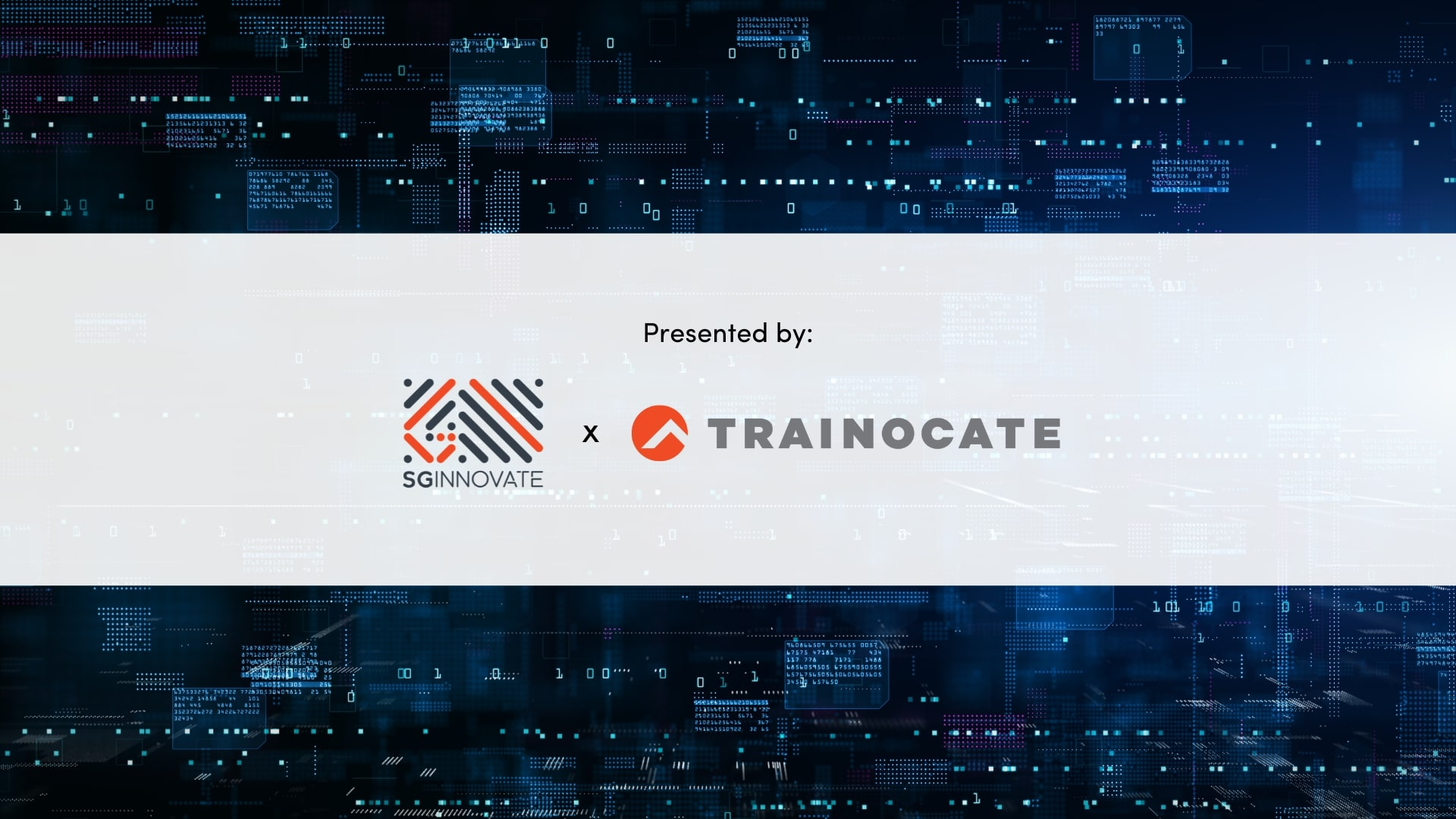Overview
Join us for Tech Talk for Leaders, a part of SGInnovate's Let's Tech It series—an exciting session where innovation meets practical application.
This hands-on workshop introduces AI Risk Assessment and its vital role in ISO/IEC 42001 certification readiness, with insights into the EU AI Act and risk-based compliance for startups.
Participants will explore practical frameworks for identifying, assessing, and mitigating AI risks across Healthcare, Cybersecurity, and Fintech tracks. Learn how to build a certification roadmap, connect risk with growth, and engage trusted third-party assessors to ensure safer, scalable AI systems.
Course Description & Learning Outcomes
This session will feature:
1. Introductory session on AI Risk Assessment as a Foundation for Trustworthy AI
· What is ISO/IEC 42001 – the first AI Management System Standard.
· Link between AI Risk Assessment and certification readiness.
· Overview of EU AI Act: risk categories obligations for high-risk systems.
· Why AI risk assessment is crucial for startups
· TÜV SÜD’s perspective: risk-based approach = safer, more reliable, and certifiable AI systems.
· Why it is important to engage an independent third-party trusted assessor, bridging technical excellence with compliance readiness.
· TÜV SÜD’s role in supporting clients across industries
2. Hands-on activities that equip participates with the skills in Designing a Compliance Roadmap. There will be 3 different tracks to choose from – Healthcare AI, Cybersecurity AI and Fintech AI.
· Step 1: Risk Identification (bias, security, compliance, reputational).
· Step 2: Risk Assessment (likelihood × impact).
· Step 3: Mitigation Proposal (controls / monitoring, human oversight).
· Step 4: Certification Roadmap (ISO/IEC 42001 alignment + industry-specific standards like ISO 27001, ISO 9001, ISO 14001 if relevant).
3. Group discussion and presentations on
· Top 3 Risks + Mitigation Plan
· AI system risk assessments
· Gap analysis for ISO/IEC 42001
· Training and certification readiness support
The main takeaways of the workshops are as follows:
· Know your trusted compliance partner
· Understand importance of AI risk assessment with realistic industry scenarios.
· Connect AI risk with compliance and scaling to gain investors’ trust
Recommended Prerequisites
· Digital Literacy: Comfortable using computers, internet tools, and basic AI applications.
· Workplace Experience (preferred): Professionals or managers who are involved in digital transformation, risk, governance, compliance, or AI adoption projects.
· No advanced AI background required: As it is a foundation programme, participants don’t need prior AI technical training but should have a general awareness of how AI is being applied in their sector.
Pre-course instructions
Participants are required to bring their own laptop as there will be some hands-on during the discussions and case studies.
Schedule
Date: 17 Nov 2025, Monday
Time: 2:00 PM - 5:00 PM (GMT +8:00) Kuala Lumpur, Singapore
Location: 22 Cross Street, Singapore 048421
Skills Covered
PROFICIENCY LEVEL GUIDE
Beginner: Introduce the subject matter without the need to have any prerequisites.
Proficient: Requires learners to have prior knowledge of the subject.
Expert: Involves advanced and more complex understanding of the subject.
- Re-identification Risk Management (Proficiency level: Beginner)
- Cybersecurity (Proficiency level: Proficient)
Speakers
Trainer's Profile:
Kamal Kamari, Head of Cybersecurity Services ASEAN, TÜV SÜD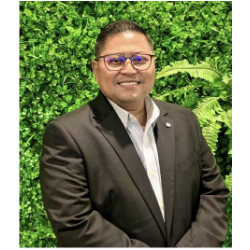
As the Head of Cybersecurity Services for ASEAN, Kamal is responsible for developing cybersecurity competency and business growth within the region. With more than 15 years of experience in cybersecurity, Kamal has extensive knowledge across multiple industries and government agencies including Data Centre. As AI integration and solutions become increasingly prevalent, Kamal have ventured into the AI space focusing on AI trustworthiness and AI governance. He believes that AI evolves in tandem with cybersecurity to ensure safe use of AI. Kamal gets the optimum satisfaction when he is able to help customers identify gaps, secure AI infrastructure and builds trust in AI.
Partners
